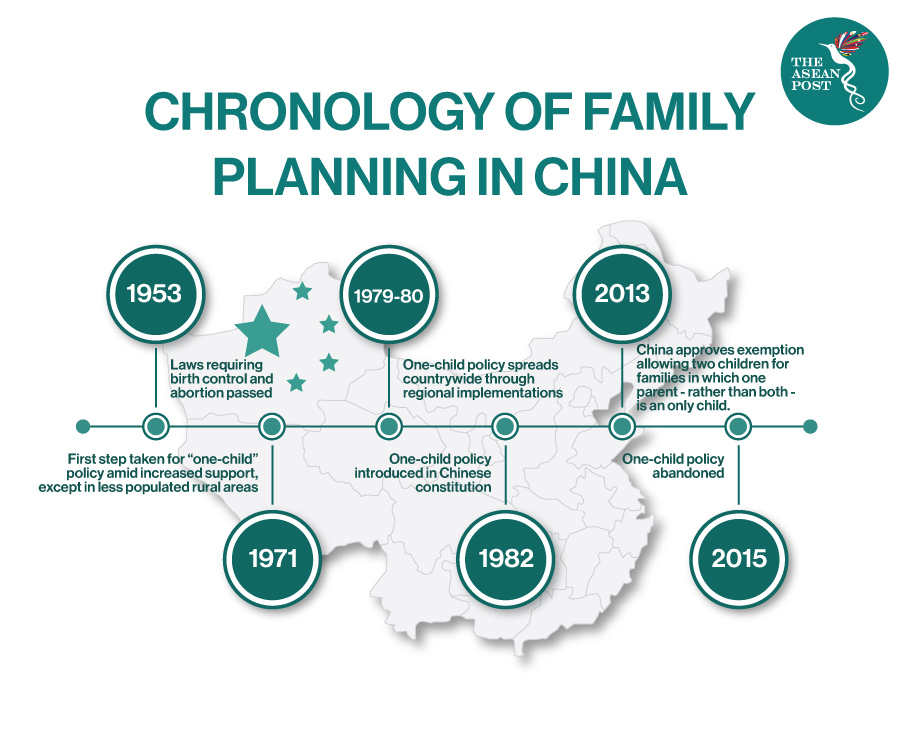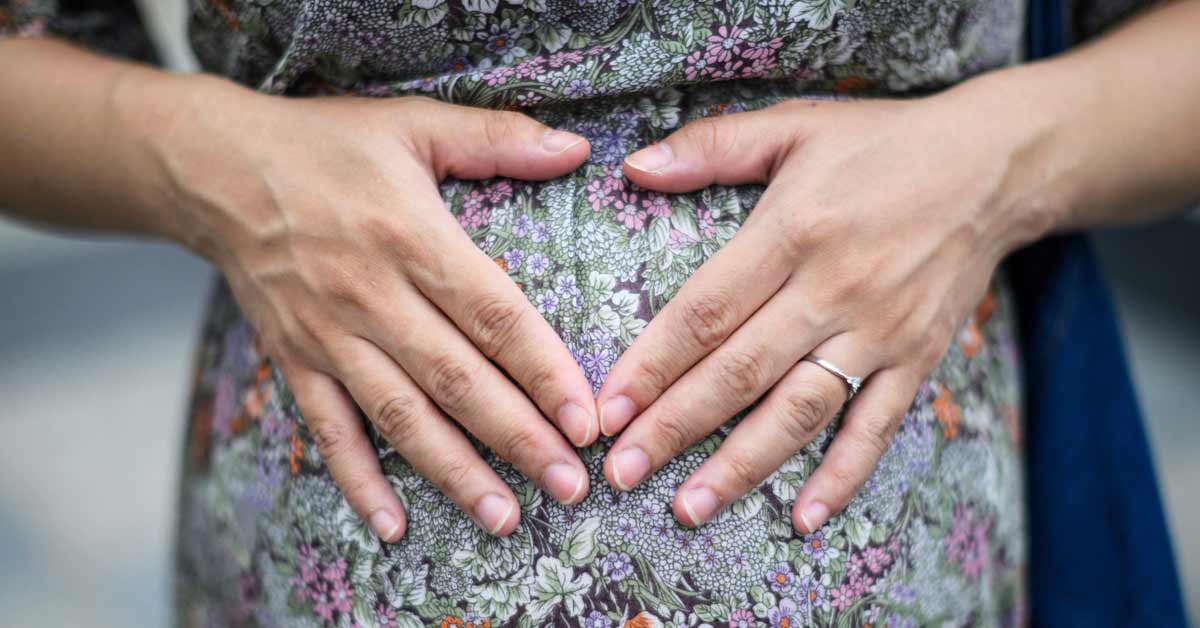China has issued new guidelines restricting the number of abortions performed for “non-medical purposes”.
The State Council, China’s cabinet, published the new rules on Monday.
The country has already enacted strict measures aimed at preventing sex-selective abortions, and health authorities also warned in 2018 that the use of abortion to end unwanted pregnancies was harmful to women’s bodies and risks causing infertility.
The State Council said the new guidelines would aim to improve women’s overall access to pre-pregnancy healthcare services.
National Health Commission data showed that between 2014 and 2018, there had been an average of 9.7 million abortions per year, rising about 51 percent from the 2009-2013 average despite a relaxation of family planning policies in 2015. The data did not specify how many abortions were for medical reasons.
It was not immediately clear whether Monday’s new measures were designed at addressing China’s declining birth rate, which think tanks and policy researchers have identified as one of its major social policy challenges in the coming decades.
Although China remains the world’s most populous nation, the latest census showed population growth from 2011 to 2020 was the slowest since the 1950s, and was expected to slow even more within a few years.

After years of trying to limit population growth, Beijing is now promising new policies aimed at encouraging families to have more children.
It said in June that it would now allow all couples to have three children instead of two. New policies designed to reduce the financial burden of raising children are also being introduced.
According to a 2005 report by a state think-tank, it costs CNY 490,000 (US$74,838) for a family in China to raise a child. By 2020, local media reported that the cost had risen to as high as CNY 1.99 million (US$308,030) - four times the 2005 number.
Most single mothers are meanwhile excluded from medical insurance and social welfare payments, and many also worry giving birth could hurt their careers. – Al Jazeera
